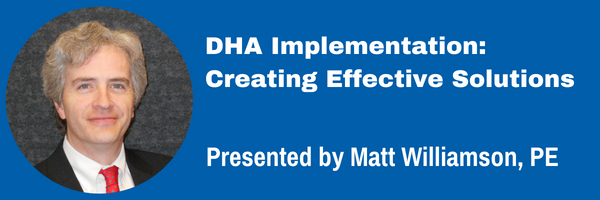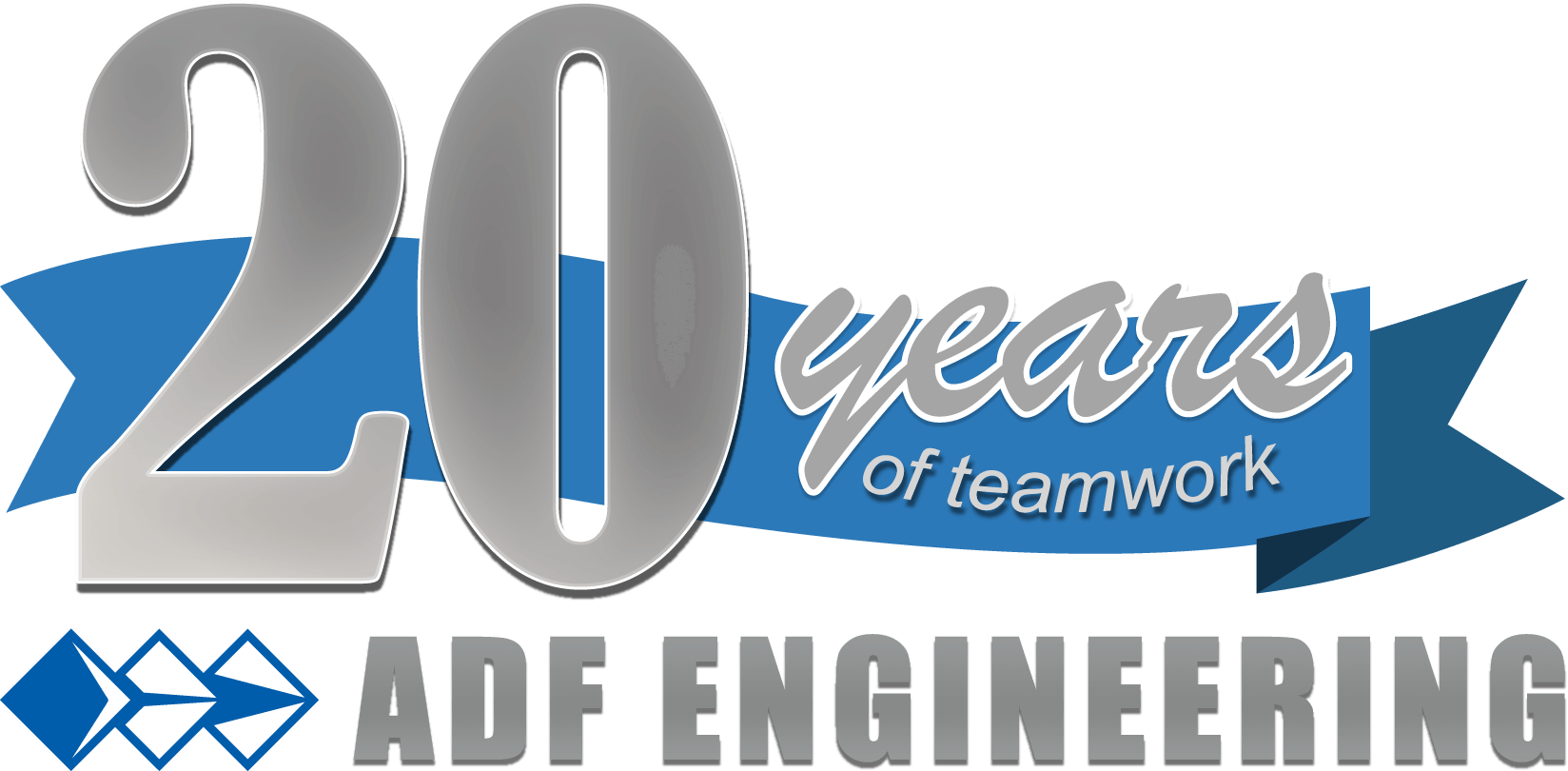
About This Webinar
This webinar has already taken place. To watch a recording, please see: https://youtu.be/H9nkQ1ECZFo
Background
In September 2015, NFPA issued NFPA 652 – Standard on the Fundamentals of Combustible Dust. This new standard integrates all of the older, industry specific standards, such as NFPA 61, 654 and 664, into a more consistent set of rules. The key new requirement is that non-food or grain facilities which handle or generate combustible dusts must complete a Dust Hazard Analysis (DHA) by September 2018. Food and grain facilities, under NFPA 61, have until September 2020 to complete their DHA’s. This critical safety document identifies the specific combustible dust risks and establishes a mitigation plan for the site.
This presentation will discuss the required information and how best to obtain it, as well as a proper format and the appropriate information to include in the DHA itself.
Purpose
We will also discuss how ADF can help you navigate through the best value solutions, evaluate equipment pressure ratings and select the right protection devices and methods for your specific needs.
About the Instructor
Matt Williamson, PE, has nearly 30 years of process engineering and project management experience. Matt has been published multiple times in magazines, and is an internationally-recognized expert on combustible dusts and related regulations. He has led projects for several clients to conduct post-disaster explosion investigations, implement plant recovery strategies, develop process safety management (PSM) redesigns, and develop facility PSM policies and procedures. As ADF’s Process Department Manager, Matt leads a team of engineers on a variety of process development and improvement projects in the food, feed, bioscience, and consumer products industries. Matt earned a degree in chemical engineering from the University of Kentucky, is a licensed Professional Engineer, and is a member of the American Oil Chemists Society.

